Supporting the Vitality of Black Women Musicians, Now and Always
Investing in community programming begins with individuals who are leading with a vision. We spoke with four musicians and educators on the importance of donating locally and consistantly.
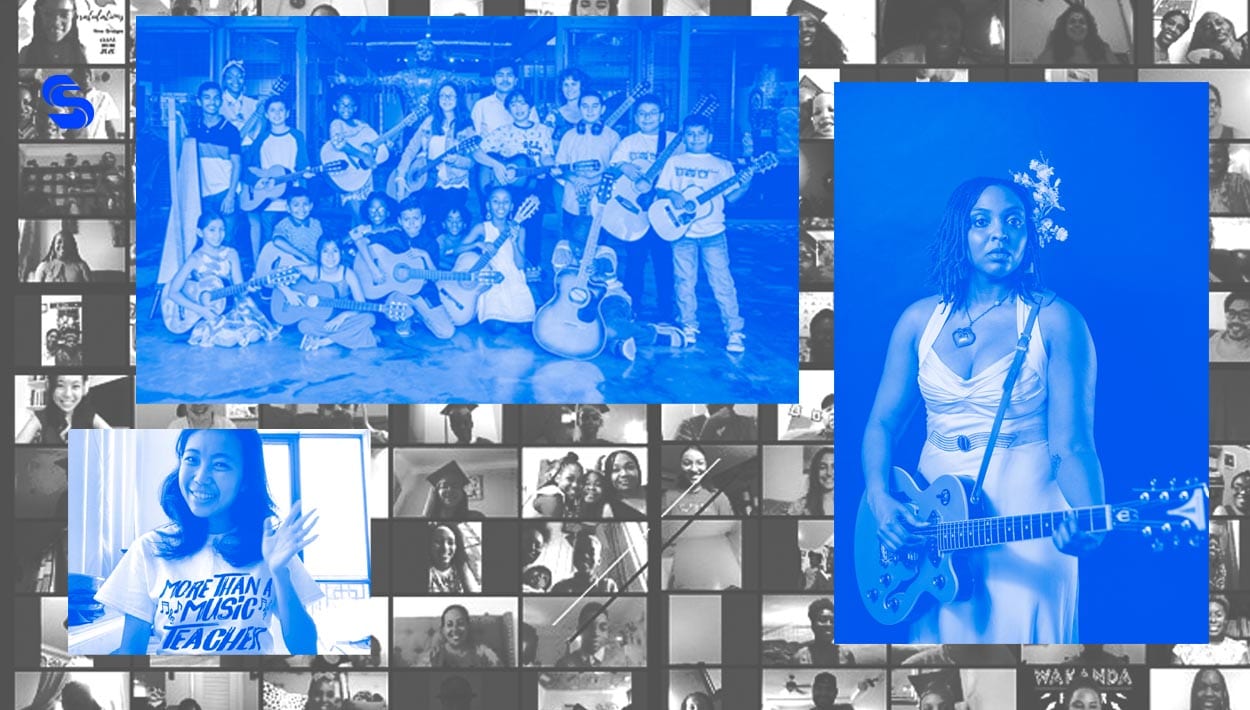
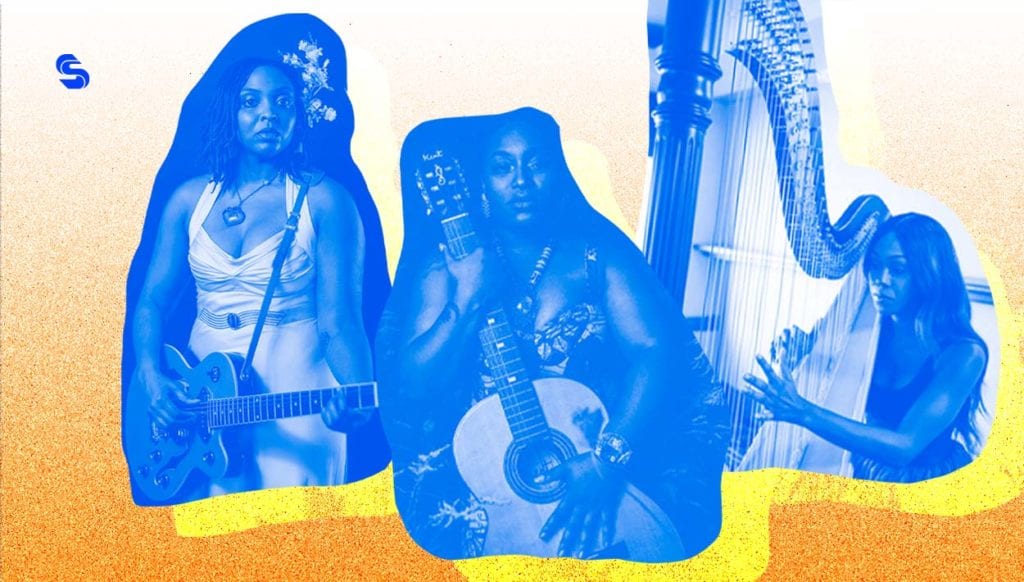
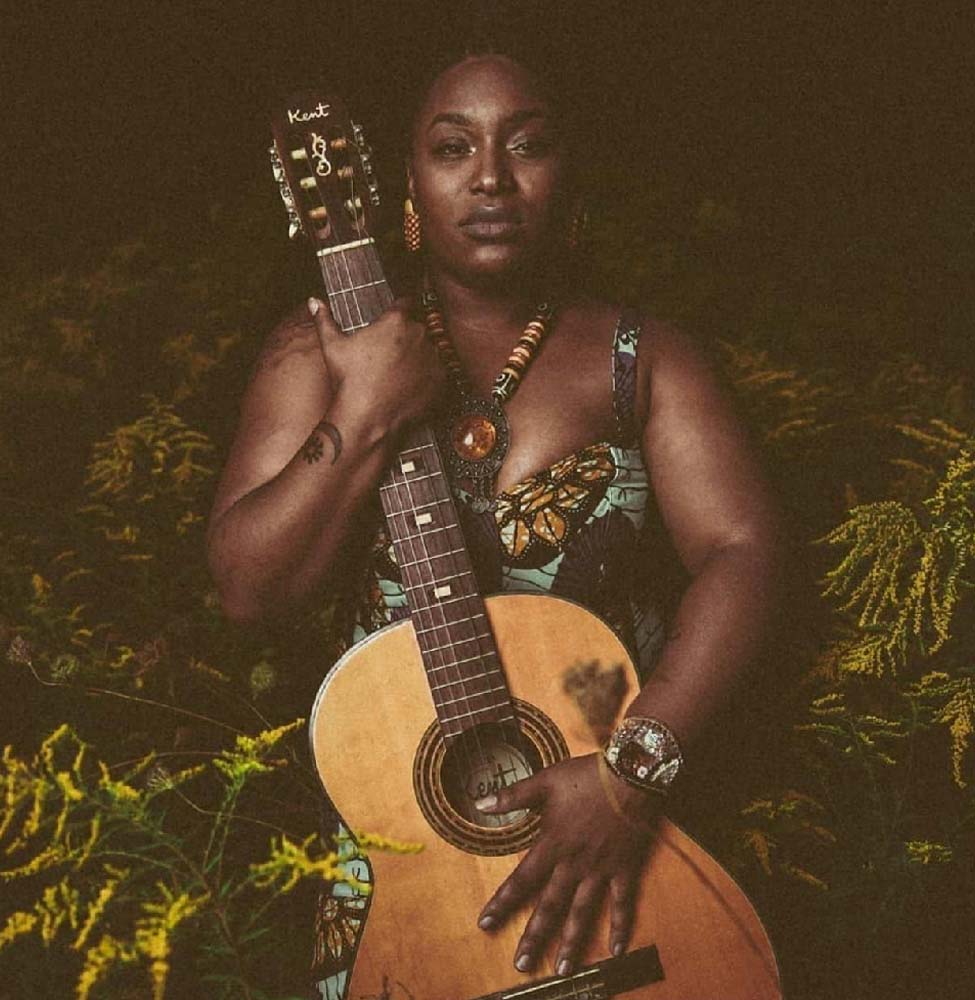
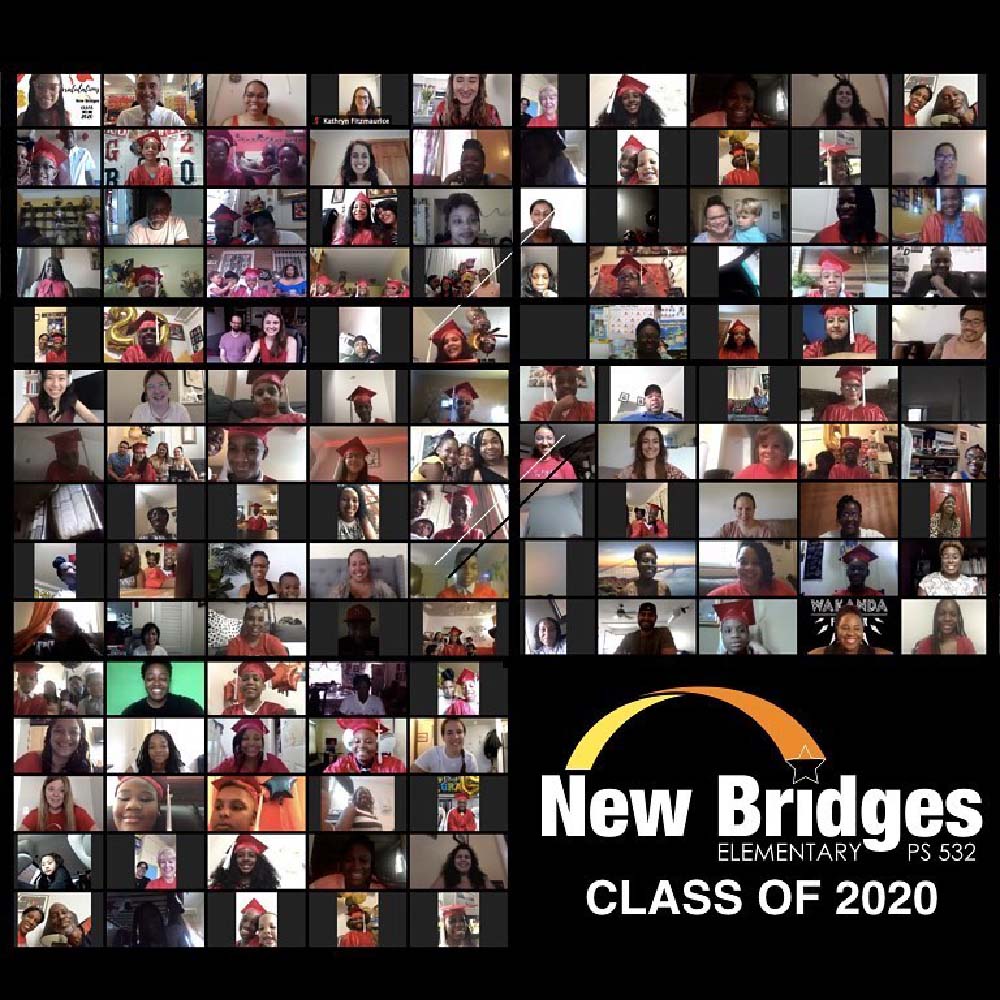
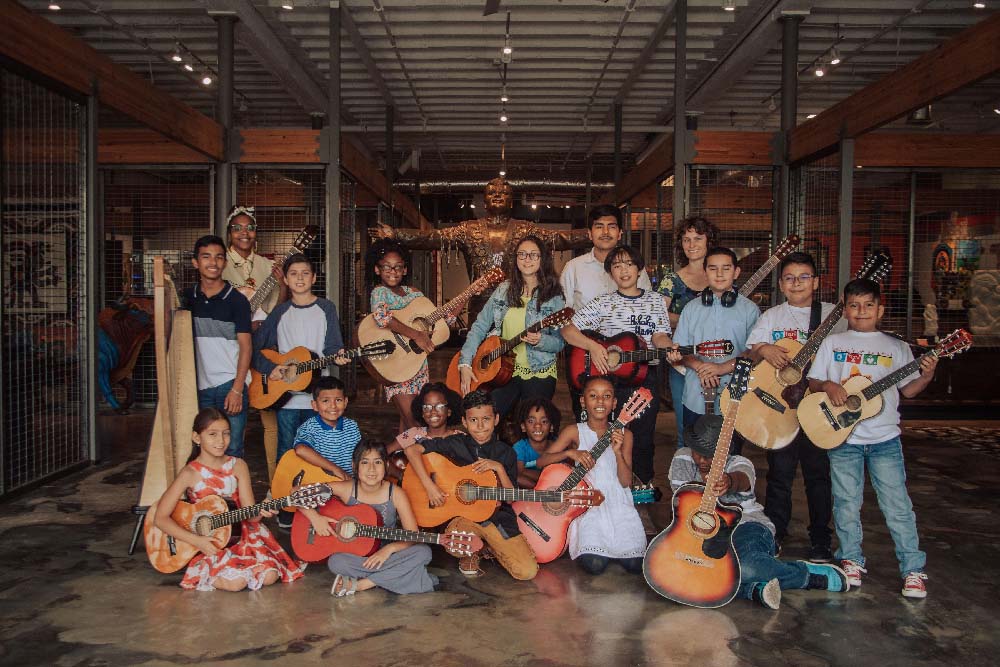
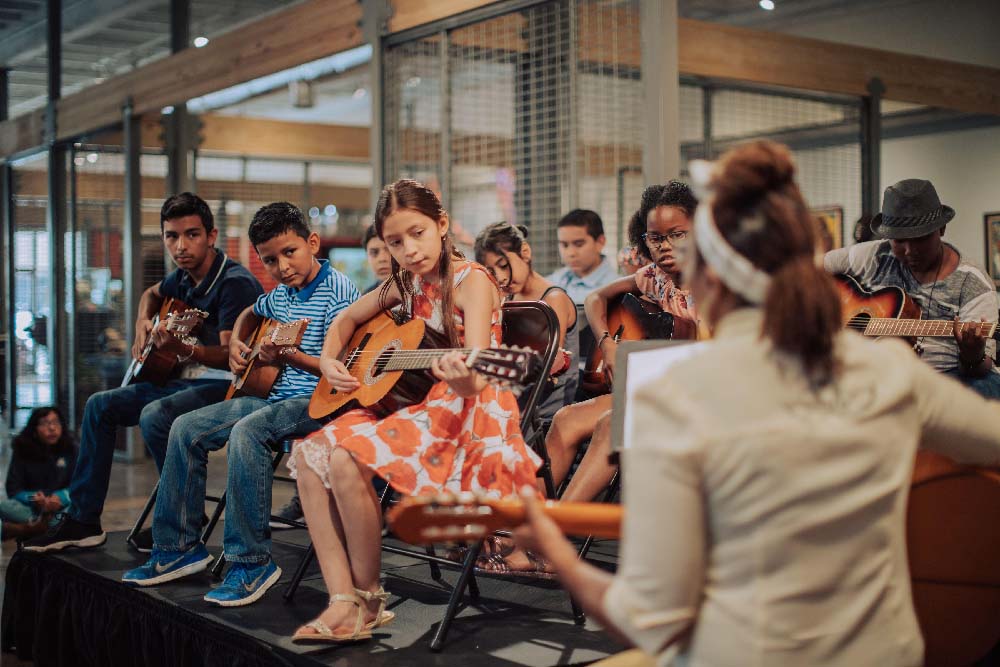
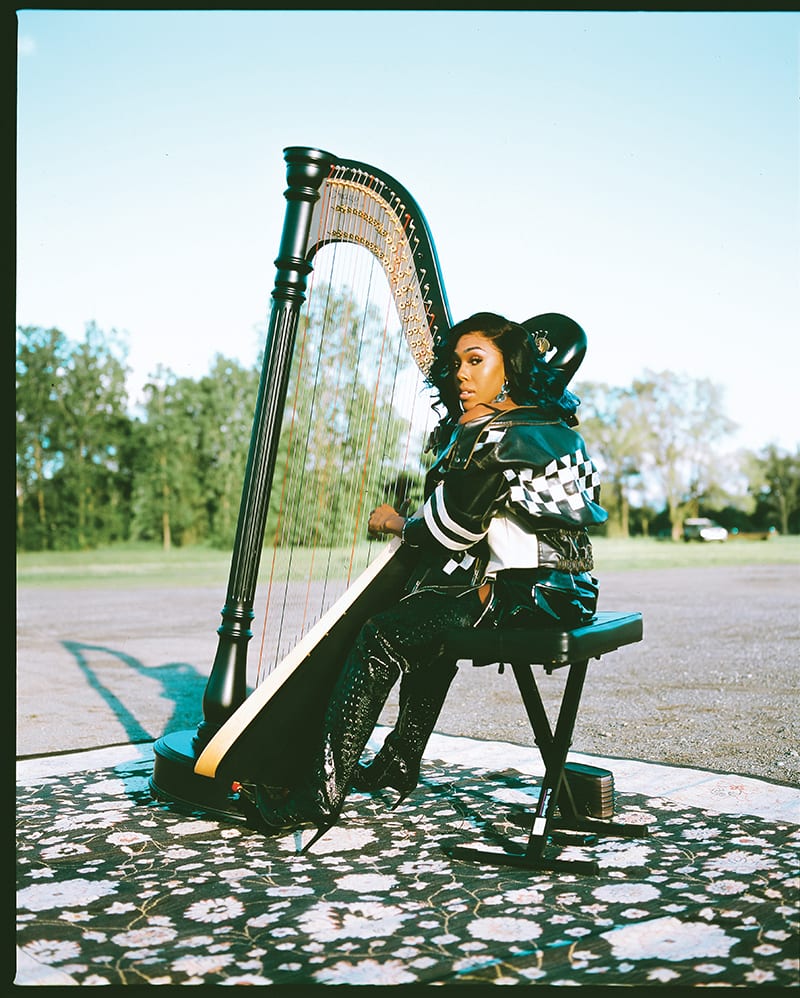


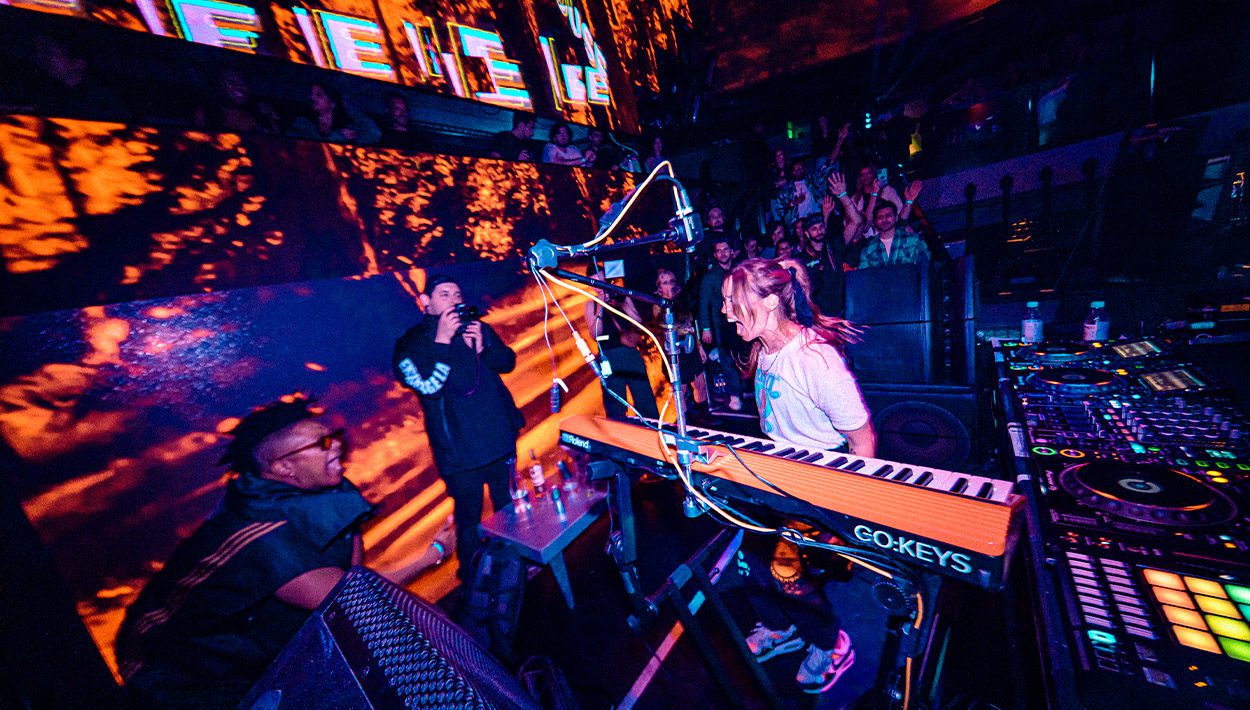
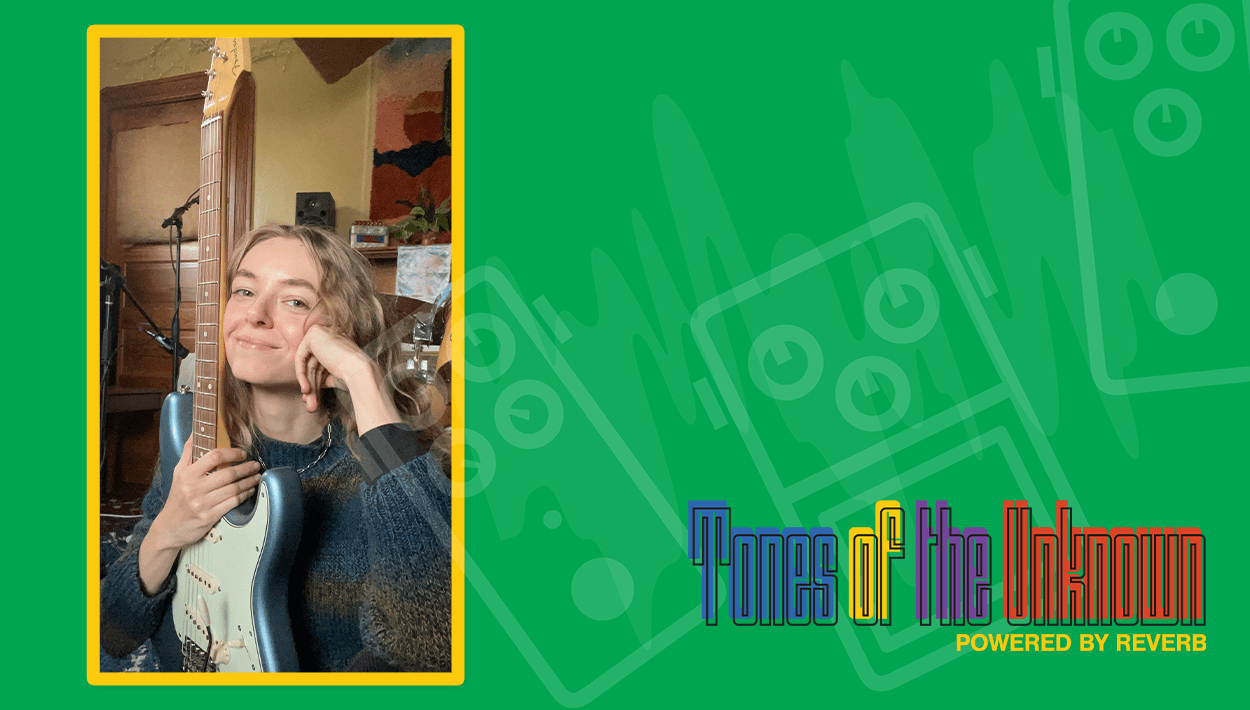
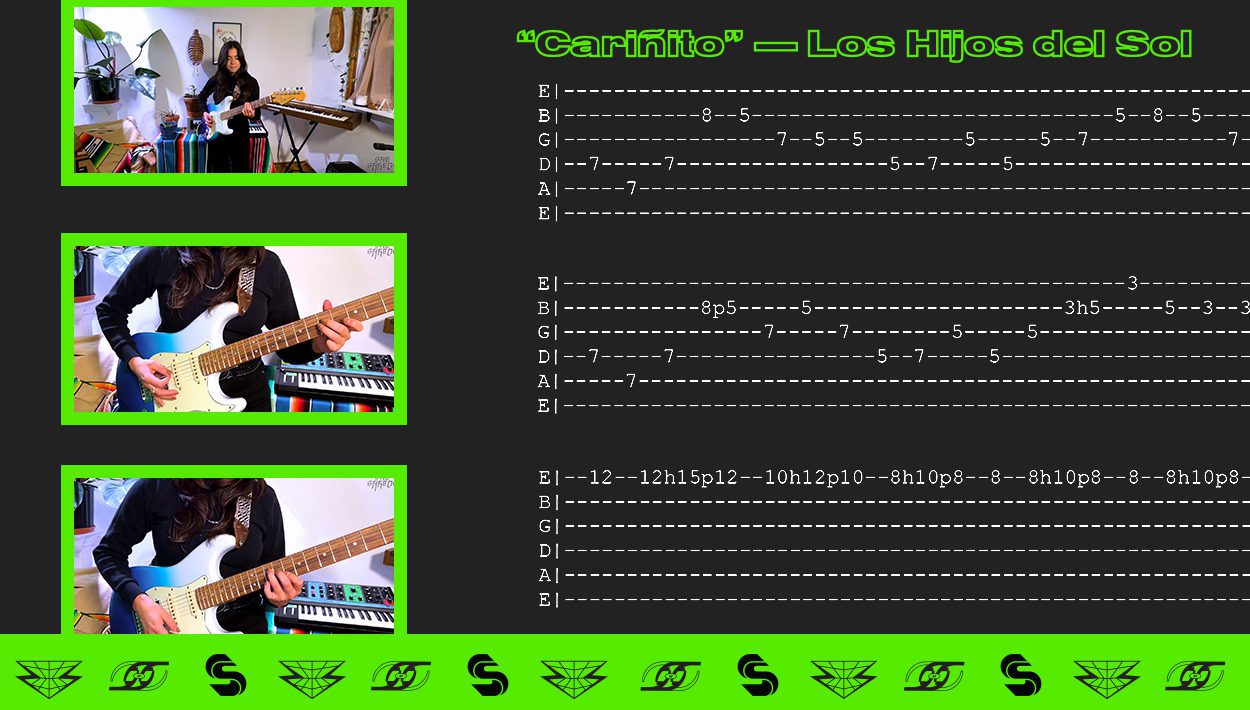
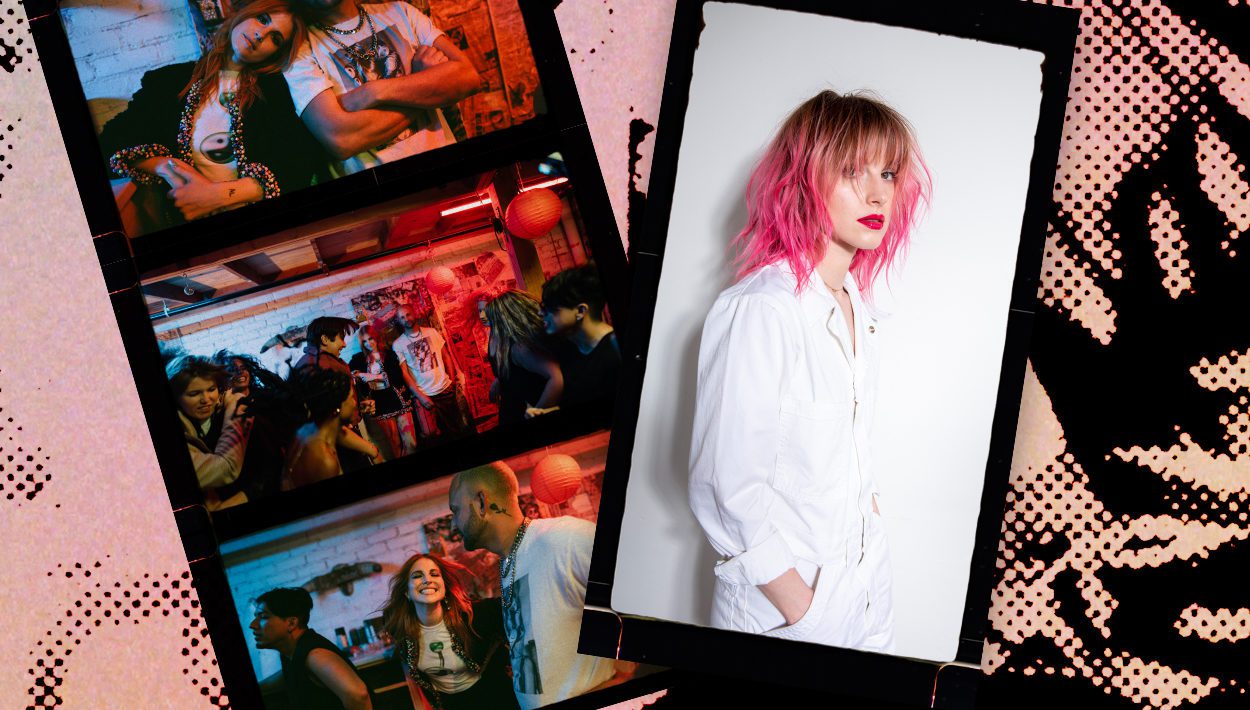
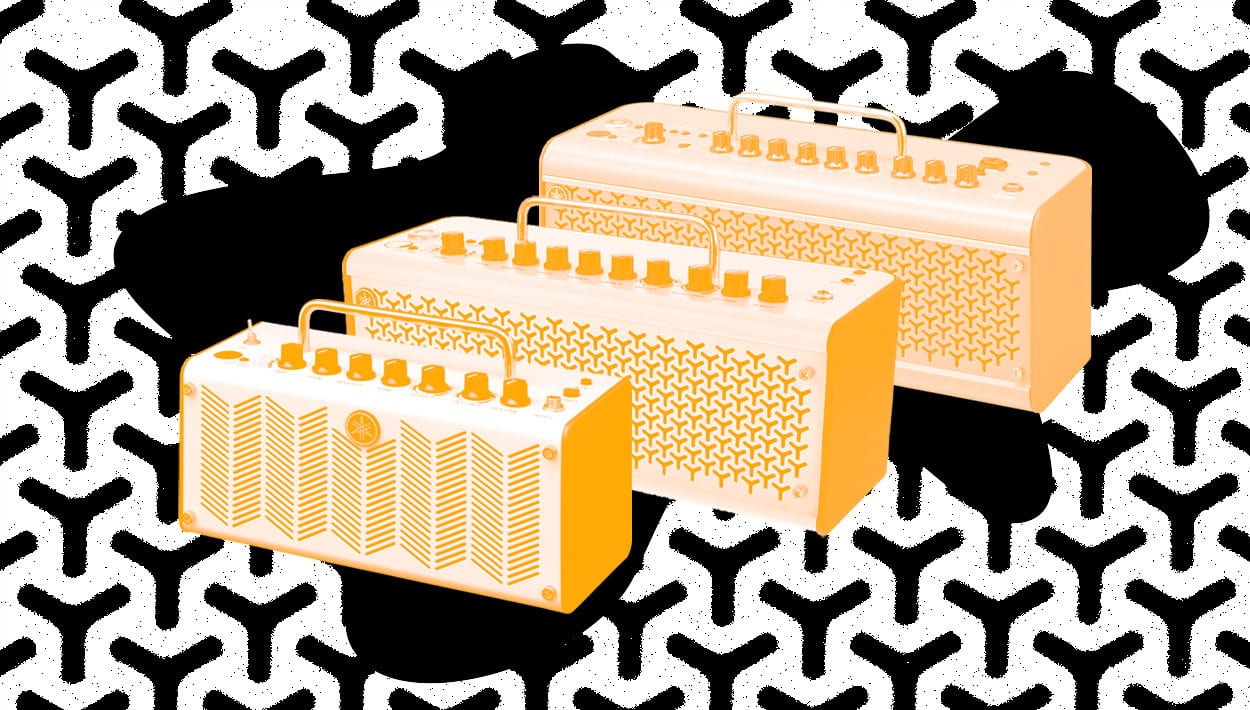
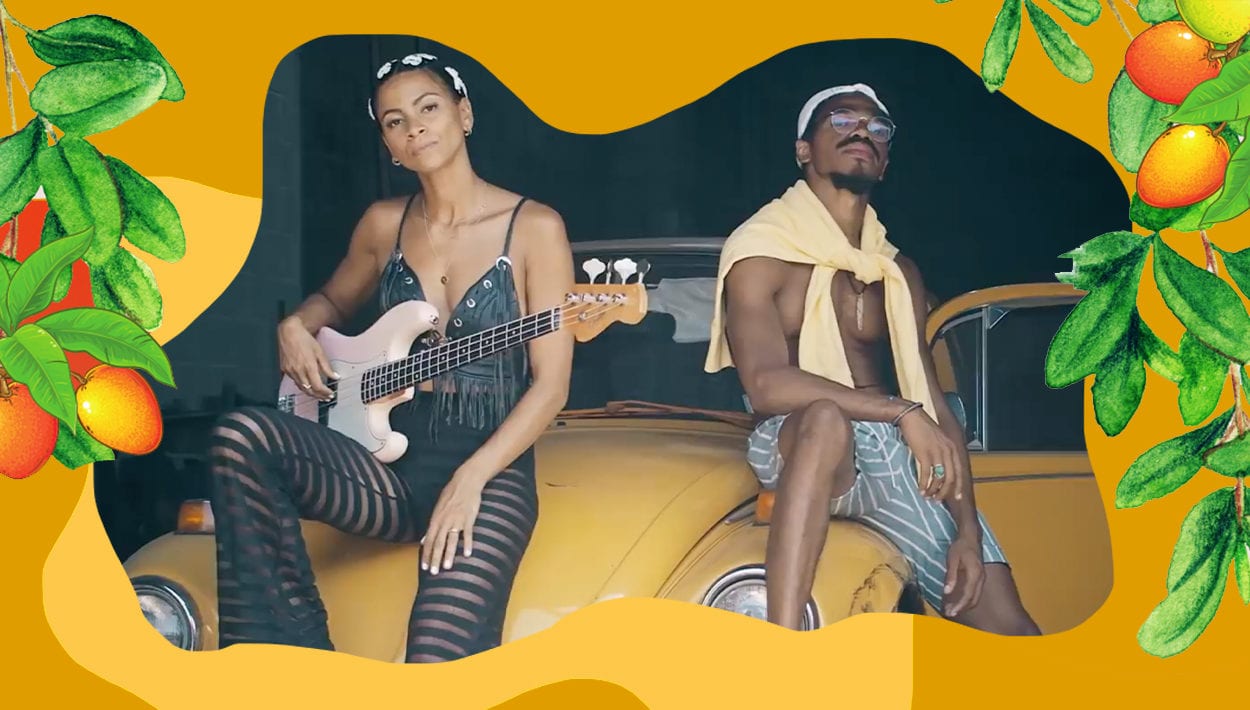
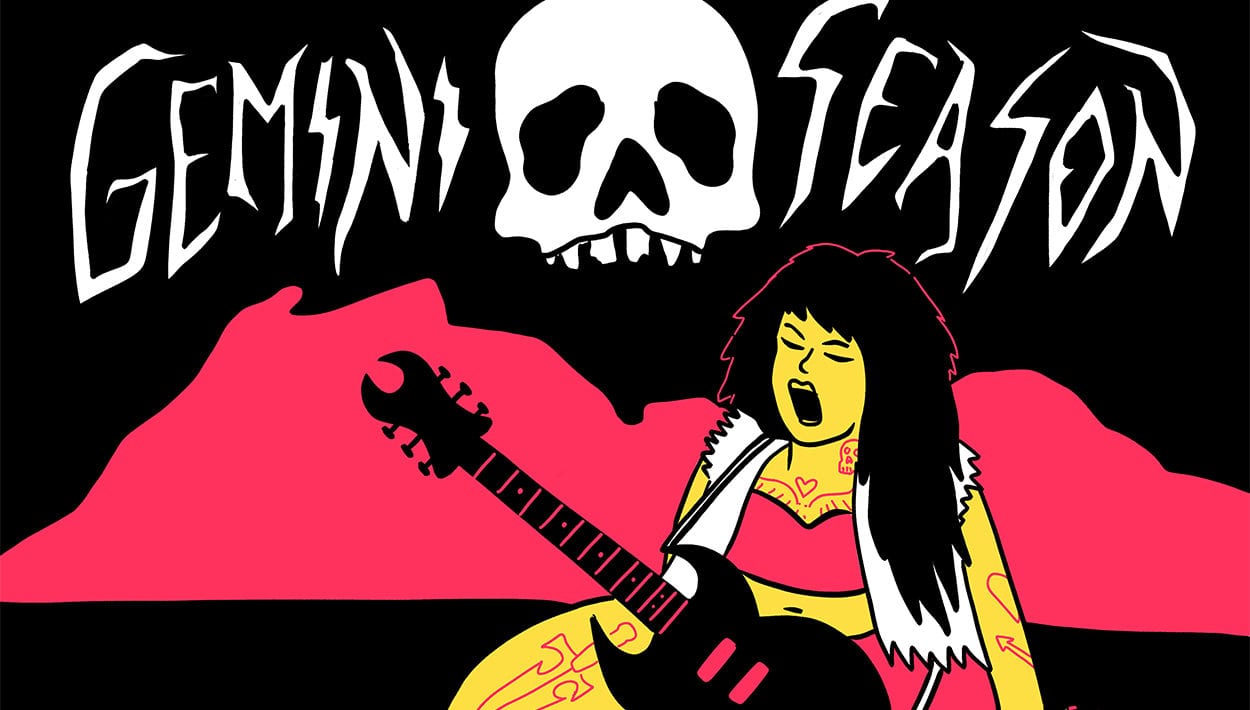
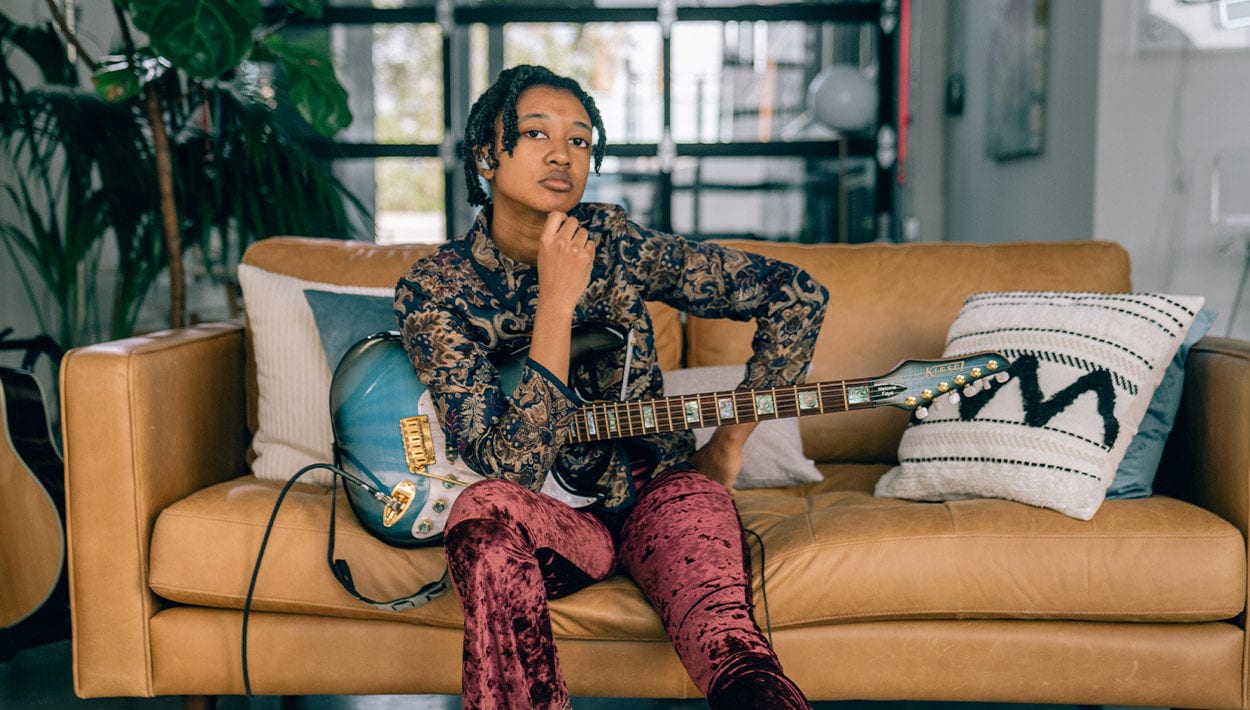
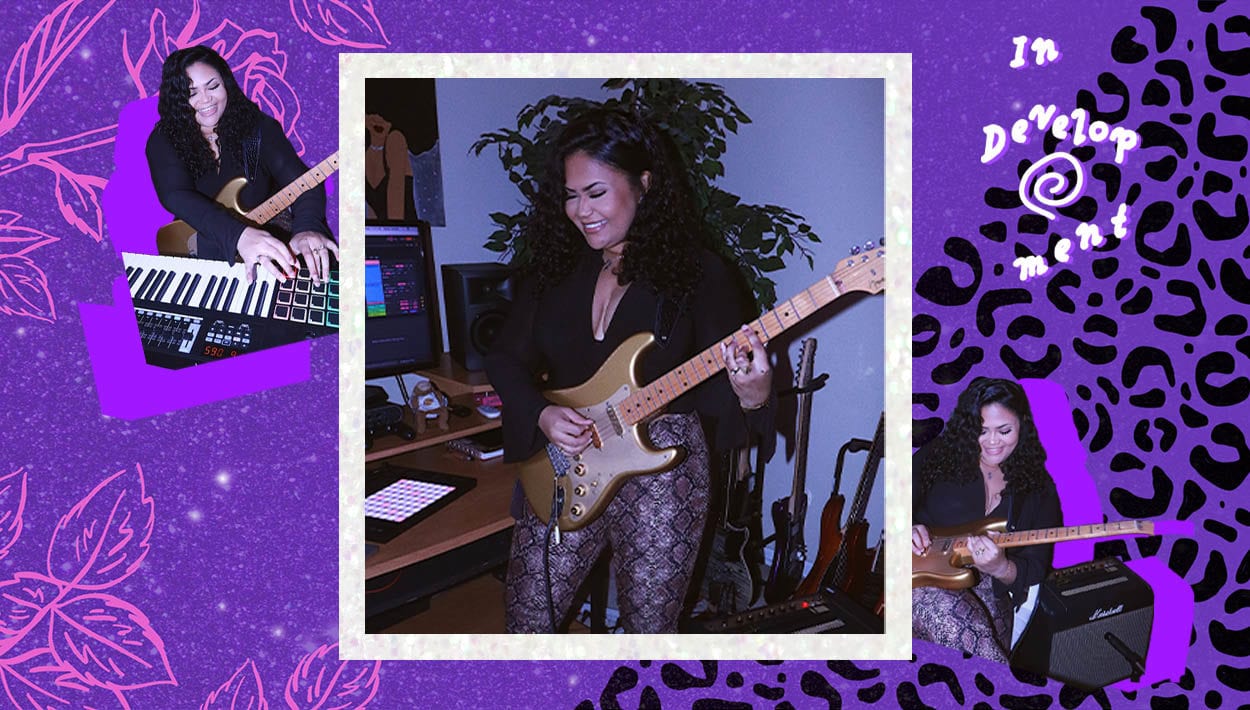
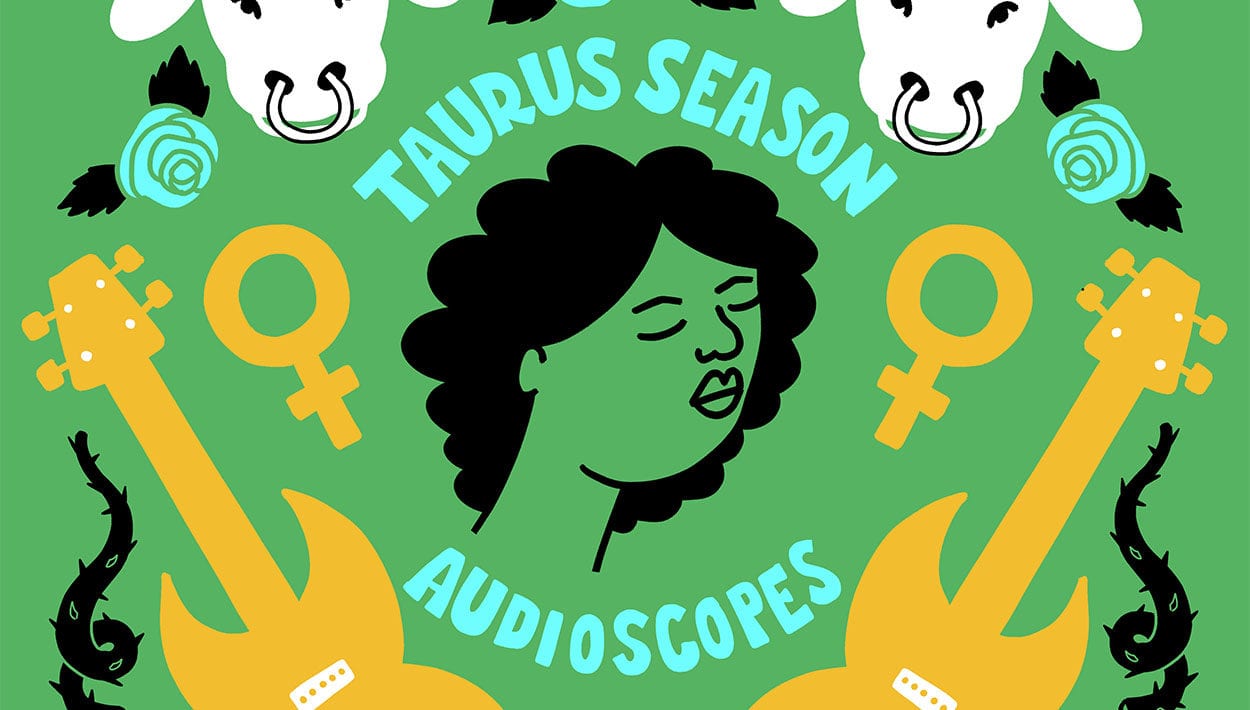


Comments
hanks for sharing the article, and more importantly, your personal experienceMindfully using our emotions as data about our inner state and kno https://kodi.software/ wing when it’s better to de-escalate by taking a time out are great tools. Appreciate you reading and sharing your story, since I can certainly relate and I think others can too
Comment by Milesmith on March 8, 2021 at 8:08 amThank you for bringing up this important topic. I understand that unfortunately, if your parents had insufficient resources, then this can have a terrible effect on the child in the future. And I would really like it to stop being a reality in our world. In fact, we must give equal opportunities to each of us, then it will be really fair for everyone. I am sorry that COVID and the pandemic, in general, brought even more undesirable consequences for each of these people. I really hope that soon everything will return to normal life.
Comment by zkittles strain on October 21, 2021 at 4:46 amIf you can do this, it will be much easier for you to win and keep your winnings. It’s also important that when you’re in pret, you can finish early and finish the game so you don’t miss everything. If you want to try your luck and check how much you play, then go to this one https://casinotop.pt/casino/luckia/ website and play.
Comment by Jolan on May 3, 2022 at 10:29 pmI do not have many opinions on this topic, only read and refer to the good content and including your article. I’m looking for basketball stars to get a new look at this game
Comment by MervynHelen on September 8, 2022 at 8:26 pmIf you can do this, it will be much easier for you to win and keep your winnings.
Comment by download mobdro on October 6, 2022 at 5:15 amI want black women to be in every field, skin color should not prevent this.
Comment by Leo Mulloy on November 11, 2023 at 12:26 amSupporting black Women empowerment” describes the capacity of women to exercise complete autonomy over their own decisions. for her to have complete control over all decisions about her financial and social success. being an Assignment Writing Services in Abu Dhabi, I am happy that the women empowerment ratio level grows every year. As to the survey, on average, 50.5% of authors are women currently. They will all surely be motivated to fight for their rights to education and a better life by the empowerment of women.
Comment by Reem on January 8, 2024 at 10:39 pmbacking the black The ability of women to exert total autonomy over their own decisions is referred to as “women empowerment.” for her to be in total control of all choices about her social and financial success. As a company that offers Dissertation Methodology Writing Service, I’m glad to see that the percentage of women in leadership positions continues to rise. According to the report, women currently make up 50.5% of authors on average. The empowerment of women would undoubtedly inspire them all to fight for their rights to education and a better life.
Comment by sarahjohn on January 30, 2024 at 11:47 pm